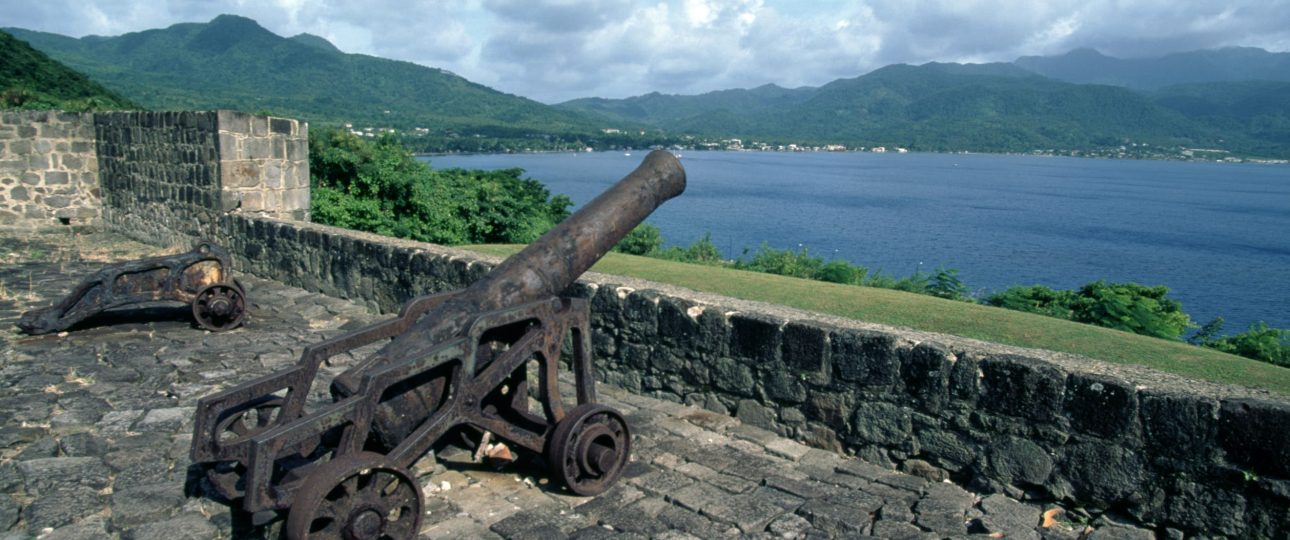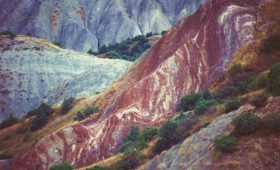Exploring Cabrits National Park in Dominica
Cabrits National Park, established in 1986, is a remarkable destination on the island of Dominica. Covering 1,313 acres, the park is a blend of natural beauty and historical intrigue. It was created to protect both the cultural heritage of Fort Shirley and the surrounding environment, including coral reefs and forests. Located just north of Portsmouth, the park is an extinct volcano that was once its own island, now connected to Dominica by natural land formations.
Unique Features of Cabrits National Park
Cabrits National Park is distinguished by its diverse ecosystems and historical landmarks. Here are some of the key features:
- The park’s landscape includes two peaks, East Cabrit (140 m) and West Cabrit (171 m), formed by a volcano known as Morne au Diable about a million years ago.
- It encompasses a variety of ecosystems, such as dry forests, wetlands, and coral reefs. The wetlands include mangroves, swamp forests, and marshlands.
- Wildlife is abundant, with 162 bird species, 18 mammal species, and numerous amphibians and reptiles. The park is also home to three endemic tree species and over 30 herbs and shrubs used for medicinal purposes.
- Fort Shirley, a historic military outpost built in 1765, offers a glimpse into Dominica’s colonial past. The fort was a site of historical significance, including the 1802 revolt of the 8th West India Regiment, which contributed to the liberation of slave soldiers on the island.
Best Time to Visit
Plan your visit during the dry season from January to April for the best weather conditions. This period offers pleasant temperatures and clear skies, ideal for exploring the park’s trails. However, the rainy season from May to December brings lush greenery and fewer crowds, though you should be prepared for occasional showers.
Getting There
To reach Cabrits National Park, fly into Douglas-Charles Airport (DOM) on Dominica’s eastern coast. From there, it’s about a one-hour drive to the park. Renting a car or taking a taxi are convenient options. If you’re already on the island, local buses and taxis can take you to the park, which is easily accessible from Portsmouth.
Exploring the Park
Once at Cabrits National Park, several options are available for exploration:
- Walking: The park features well-maintained trails. Wear comfortable shoes and bring water for a rewarding hike.
- Biking: Rent a bike to navigate the park’s cycling paths for a more dynamic experience.
- Kayaking: Discover the coastal mangroves and hidden coves by kayak, offering a unique perspective of the park’s marine areas.
- Guided Tours: Join a guided tour to learn about the park’s history and wildlife from knowledgeable guides.
Cabrits National Park offers a blend of natural and historical exploration, making it a compelling destination for travelers interested in both. Whether you’re hiking through its trails or delving into its colonial past, the park promises a rich and varied experience.




